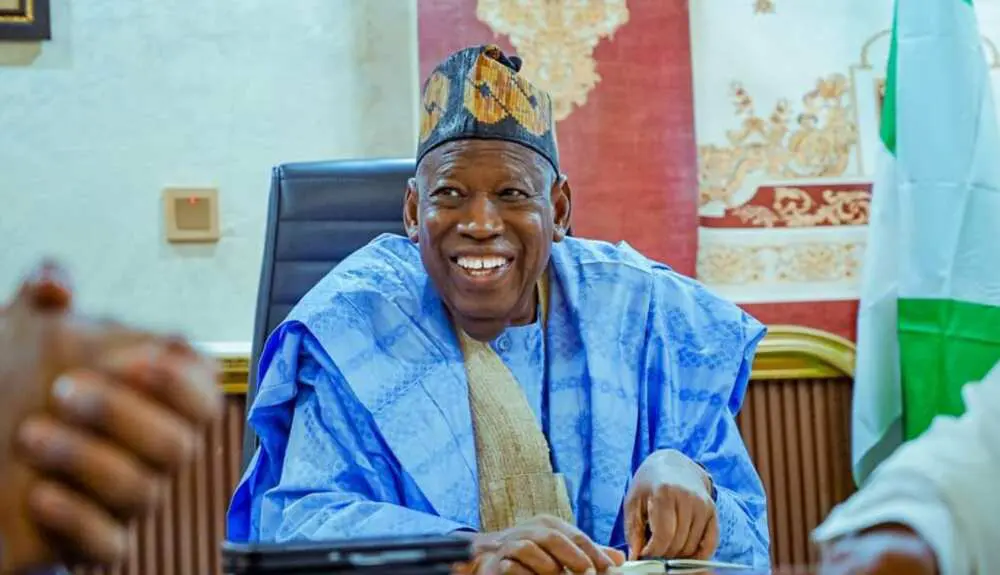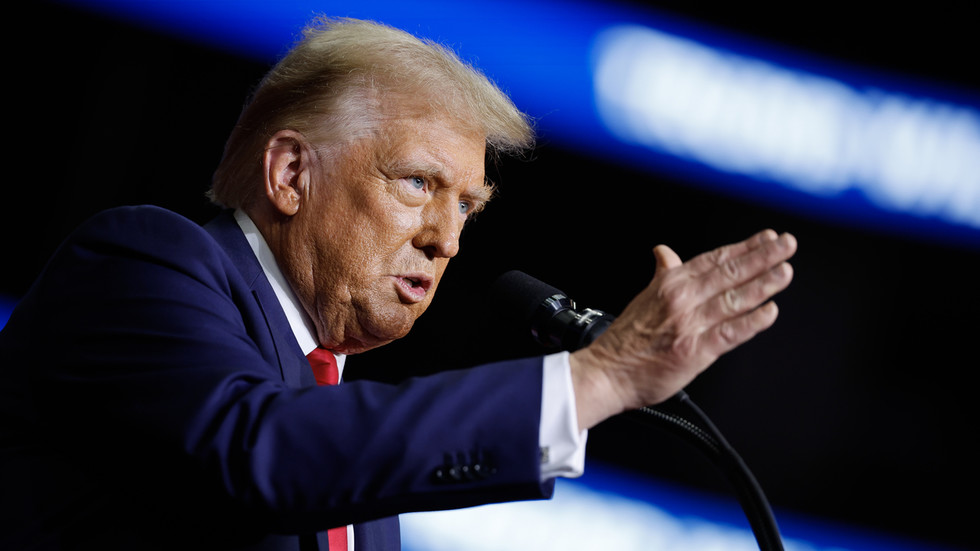The People’s Democratic Party (PDP) has demanded an apology from the Economic and Financial Crimes Commission (EFCC) following the posting of an alleged fake story on the commission’s official Instagram page, linking the governor of Zamfara State, Dauda Lawal, to former minister of Petroleum Resources, Diezani Alison-Madueke’s $9 billion corruption.
In response to this incident, the Zamfara State publicity secretary of the PDP, Abba Bello, expressed disappointment over the EFCC’s lack of explanation or retraction after the post associating Mr. Lawal with corruption was pulled down. Bello highlighted that the governor had been acquitted of all corruption charges by the Supreme Court on March 12, 2021.
Bello stated, “The Supreme Court judgment, which unanimously affirmed and upheld the decision of the Court of Appeal, brings to a close the malicious persecution by the EFCC against Dr. Dauda Lawal.” He emphasized that the EFCC should issue a disclaimer and promptly apologize for this “costly unprofessionalism.”
He further noted that the Federal High Court had also discharged and acquitted Dr. Dauda Lawal of the alleged offences of money laundering and obtaining monies suspected to be proceeds of unlawful activities, emphasizing the need for an explicit apology from the anti-corruption body.
The PDP’s demand for an apology underscores the significance of accountability and accurate reporting, safeguarding the reputation of public figures against false allegations. The EFCC’s oversight and subsequent actions have sparked public outrage, necessitating a swift and contrite response to restore trust and credibility.
This call for accountability in the public domain serves as a poignant reminder of the integrity and ethical standards that institutions, especially those tasked with upholding justice and combatting corruption, must uphold. It exemplifies the advocacy for truth and fair representation, resonating with global audiences committed to transparent governance and responsible journalism.



